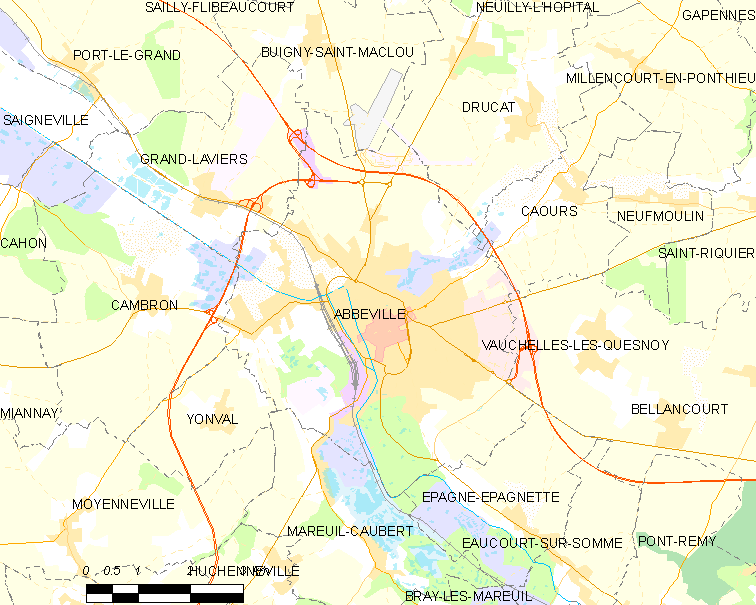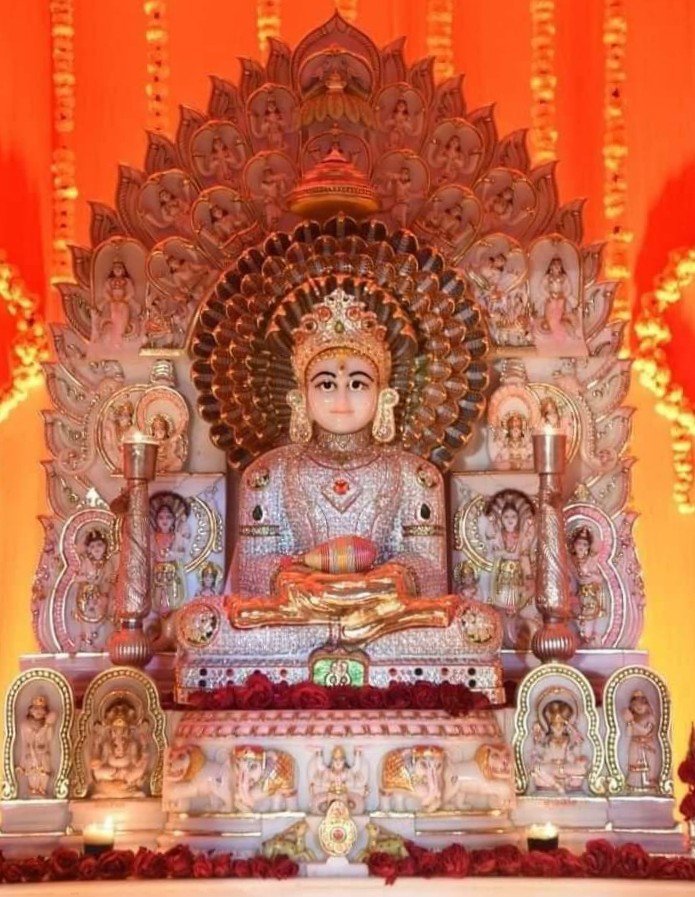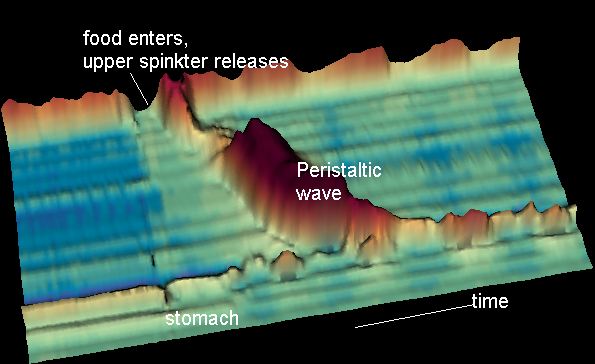|
Philippe Hecquet
Philippe Hecquet (11 February 1661 – 11 April 1737) was a French physician and vegetarianism activist. Biography Hecquet obtained his M.D. from Reims in 1684. In 1688, he moved to Port-Royal-des-Champs, where he succeeded Jean Hamon, as physician.Williams, Howard. (1896)''The Ethics of Diet'' London. pp. 314-318 He spent much time helping the poor. In 1697, he became Doctor at University of Paris and received the official hat after an examination of "rare success". The Faculty named him Docteur-Régent and he was appointed as Professor of Materia Medica. In 1712, he was named Dean of the Faculty. Hecquet was an ascetic, Cartesian mechanist and vegetarian.Preece, Rod. (2008). ''Sins of the Flesh: A History of Ethical Vegetarian Thought''. UBC Press. p. 177. He was influenced by Porphyry. Hecquet was concerned with health from a diet perspective and campaigned against the consumption of meat, stating it interfered with digestion and circulation of the blood. Hecquet noted h ... [...More Info...] [...Related Items...] OR: [Wikipedia] [Google] [Baidu] |
Abbeville
Abbeville (, vls, Abbekerke, pcd, Advile) is a commune in the Somme department and in Hauts-de-France region in northern France. It is the chef-lieu of one of the arrondissements of Somme. Located on the river Somme, it was the capital of Ponthieu. Its inhabitants are called the ''Abbevillois''. Geography Location Abbeville is located on the river Somme, from its modern mouth in the English Channel. The majority of the town is located on the east bank of the Somme, as well as on an island. It is located at the head of the Abbeville Canal, and is northwest of Amiens and approximately from Paris. It is also as the crow flies from the and the English Channel. In the medieval period, it was the lowest crossing point on the Somme and it was nearby that Edward III's army crossed shortly before the Battle of Crécy in 1346. Just halfway between Rouen and Lille, it is the historical capital of the County of Ponthieu and maritime Picardy. Quarters, hamlets and local ... [...More Info...] [...Related Items...] OR: [Wikipedia] [Google] [Baidu] |
Garden Of Eden
In Abrahamic religions, the Garden of Eden ( he, גַּן־עֵדֶן, ) or Garden of God (, and גַן־אֱלֹהִים ''gan-Elohim''), also called the Terrestrial Paradise, is the Bible, biblical paradise described in Book of Genesis, Genesis 2-3 and Book of Ezekiel, Ezekiel 28 and 31. The location of Eden is described in the Book of Genesis as the source of four tributaries. Various suggestions have been made for its location: at the head of the Persian Gulf, in southern Mesopotamia (now Iraq) where the Tigris and Euphrates rivers run into the sea; and in Armenia. Like the Genesis flood narrative, the Genesis creation narrative and the account of the Tower of Babel, the story of Eden echoes the Ancient Mesopotamian religion, Mesopotamian myth of a king, as a primordial man, who is placed in a divine garden to guard the tree of life. The Hebrew Bible depicts Adam and Eve as walking around the Garden of Eden naked due to their sinlessness. Mentions of Eden are also made in ... [...More Info...] [...Related Items...] OR: [Wikipedia] [Google] [Baidu] |
Jansenists
Jansenism was an early modern theological movement within Catholicism, primarily active in the Kingdom of France, that emphasized original sin, human depravity, the necessity of divine grace, and predestination. It was declared a heresy by the Catholic Church. The movement originated in the posthumously published work of the Dutch theologian Cornelius Jansen, who died in 1638. It was first popularized by Jansen's friend, Abbot Jean du Vergier de Hauranne of Saint-Cyran-en-Brenne Abbey, and after du Vergier's death in 1643, the movement was led by Antoine Arnauld. Through the 17th and into the 18th centuries, Jansenism was a distinct movement away from the Catholic Church. The theological center of the movement was Port-Royal-des-Champs Abbey, which was a haven for writers including du Vergier, Arnauld, Pierre Nicole, Blaise Pascal, and Jean Racine. Jansenism was opposed by many within the Catholic hierarchy, especially the Jesuits. Although the Jansenists identified the ... [...More Info...] [...Related Items...] OR: [Wikipedia] [Google] [Baidu] |
French Vegetarianism Activists
French (french: français(e), link=no) may refer to: * Something of, from, or related to France ** French language, which originated in France, and its various dialects and accents ** French people, a nation and ethnic group identified with France ** French cuisine, cooking traditions and practices Fortnite French places Arts and media * The French (band), a British rock band * "French" (episode), a live-action episode of ''The Super Mario Bros. Super Show!'' * ''Française'' (film), 2008 * French Stewart (born 1964), American actor Other uses * French (surname), a surname (including a list of people with the name) * French (tunic), a particular type of military jacket or tunic used in the Russian Empire and Soviet Union * French's, an American brand of mustard condiment * French catheter scale, a unit of measurement of diameter * French Defence, a chess opening * French kiss, a type of kiss involving the tongue See also * France (other) * Franch, a surname * Fren ... [...More Info...] [...Related Items...] OR: [Wikipedia] [Google] [Baidu] |
18th-century French Physicians
The 18th century lasted from January 1, 1701 ( MDCCI) to December 31, 1800 ( MDCCC). During the 18th century, elements of Enlightenment thinking culminated in the American, French, and Haitian Revolutions. During the century, slave trading and human trafficking expanded across the shores of the Atlantic, while declining in Russia, China, and Korea. Revolutions began to challenge the legitimacy of monarchical and aristocratic power structures, including the structures and beliefs that supported slavery. The Industrial Revolution began during mid-century, leading to radical changes in human society and the environment. Western historians have occasionally defined the 18th century otherwise for the purposes of their work. For example, the "short" 18th century may be defined as 1715–1789, denoting the period of time between the death of Louis XIV of France and the start of the French Revolution, with an emphasis on directly interconnected events. To historians who expand ... [...More Info...] [...Related Items...] OR: [Wikipedia] [Google] [Baidu] |
1737 Deaths
Events January–March * January 5 – Spain and the Holy Roman Empire sign instruments of cession at Pontremoli in the Grand Duchy of Tuscany in Italy, with the Empire receiving control of Tuscany and the Grand Duchy of Parma and Piacenza, in return for Don Carlos of Spain being recognized as King of Naples and King of Sicily. * January 9 – The Empires of Austria and Russia enter into a secret military alliance that leads to Austria's disastrous entry into the Russo-Turkish War. * January 18 – In Manila, a peace treaty is signed between Spain's Governor-General of the Philippines, Fernándo Valdés y Tamon, and the Sultan Azim ud-Din I of Sulu, recognizing Azim's authority over the islands of the Sulu Archipelago. * February 20 – France's Foreign Minister, Germain Louis Chauvelin, is dismissed by King Louis XV's Chief Minister, Cardinal André-Hercule de Fleury * February 27 – French scientists Henri-Louis Duhamel du Monceau and Geo ... [...More Info...] [...Related Items...] OR: [Wikipedia] [Google] [Baidu] |
1661 Births
Events January–March * January 6 – The Fifth Monarchists, led by Thomas Venner, unsuccessfully attempt to seize control of London; George Monck's regiment defeats them. * January 29 – The Rokeby baronets, a British nobility title is created. * January 30 – The body of Oliver Cromwell is exhumed and subjected to a posthumous execution in London, along with those of John Bradshaw and Henry Ireton. * February 5 – The Shunzhi Emperor of the Chinese Qing Dynasty dies, and is succeeded by his 7-year-old son the Kangxi Emperor. * February 7 – Shah Shuja, who was deprived of his claim to the throne of the Mughal Empire by his younger brother Aurangzeb, then fled to Burma, is killed by Indian troops in an attack on his residence at Arakan. * February 14 – George Monck’s regiment becomes ''The Lord General's Regiment of Foot Guards'' in England (which later becomes the Coldstream Guards). * March 9 – Following the death ... [...More Info...] [...Related Items...] OR: [Wikipedia] [Google] [Baidu] |
History Of Vegetarianism
The earliest records of vegetarianism as a concept and practice amongst a significant number of people are from History of India, ancient India, especially among the Hindus and Jains.Spencer, Colin: ''The Heretic's Feast. A History of Vegetarianism'', London 1993 Later records indicate that small groups within the Ancient Greece, ancient Greek civilizations in southern Italy and Greece also adopted some dietary habits similar to vegetarianism. In both instances, the diet was closely connected with the idea of nonviolence toward animals (called ''ahimsa'' in India), and was promoted by religious groups and philosophers. Following the Christianization of the Roman Empire in late antiquity (4th–6th centuries), vegetarianism nearly disappeared from Europe. Several orders of monks in medieval Europe restricted or banned the consumption of meat for ascetic reasons but none of them abstained from the consumption of fish; these monks were not vegetarians but some were pescetarians. Vege ... [...More Info...] [...Related Items...] OR: [Wikipedia] [Google] [Baidu] |
Ken Albala
Ken Albala is Professor of History at the University of the Pacific (United States) University of the Pacific (Pacific or UOP) is a private Methodist-affiliated university with its main campus in Stockton, California, and graduate campuses in San Francisco and Sacramento. It claims to be California's first university, the first .... He has authored or edited 27 books on food and co-authored "The Lost Art of Real Cooking" and "The Lost Arts of Hearth and Home." Albala co-edited the journal "Food, Culture and Society" and has made numerous appearances in media and at conferences discussing food issues He is featured on the DVD: "Food: A Cultural Culinary History." and "Cooking Across the Ages." Albala is also known for his "Food Cultures Around the World" series for Greenwood Press and Rowman and Littlefield Studies in Food and Gastronomy. Bibliography ;Books * ''Eating Right in the Renaissance'', University of California Press, 2002. * ''Food in Early Modern Europe'', Greenw ... [...More Info...] [...Related Items...] OR: [Wikipedia] [Google] [Baidu] |
Peristalsis
Peristalsis ( , ) is a radially symmetrical contraction and relaxation of muscles that propagate in a wave down a tube, in an anterograde direction. Peristalsis is progression of coordinated contraction of involuntary circular muscles, which is preceded by a simultaneous contraction of the longitudinal muscle and relaxation of the circular muscle in the lining of the gut. In much of a digestive tract such as the human gastrointestinal tract, smooth muscle tissue contracts in sequence to produce a peristaltic wave, which propels a ball of food (called a bolus before being transformed into chyme in the stomach) along the tract. The peristaltic movement comprises relaxation of circular smooth muscles, then their contraction behind the chewed material to keep it from moving backward, then longitudinal contraction to push it forward. Earthworms use a similar mechanism to drive their locomotion, and some modern machinery imitate this design. The word comes from New Latin and is ... [...More Info...] [...Related Items...] OR: [Wikipedia] [Google] [Baidu] |
Chewing
Chewing or mastication is the process by which food is crushed and ground by teeth. It is the first step of digestion, and it increases the surface area of foods to allow a more efficient break down by enzymes. During the mastication process, the food is positioned by the cheek and tongue between the teeth for grinding. The muscles of mastication move the jaws to bring the teeth into intermittent contact, repeatedly occluding and opening. As chewing continues, the food is made softer and warmer, and the enzymes in saliva begin to break down carbohydrates in the food. After chewing, the food (now called a bolus) is swallowed. It enters the esophagus and via peristalsis continues on to the stomach, where the next step of digestion occurs. Increasing the number of chews per bite increases relevant gut hormones. Studies suggest that chewing may decrease self-reported hunger and food intake. Chewing gum has been around for many centuries; there is evidence that northern Europeans ch ... [...More Info...] [...Related Items...] OR: [Wikipedia] [Google] [Baidu] |
Jansenism
Jansenism was an early modern theological movement within Catholicism, primarily active in the Kingdom of France, that emphasized original sin, human depravity, the necessity of divine grace, and predestination. It was declared a heresy by the Catholic Church. The movement originated in the posthumously published work of the Dutch theologian Cornelius Jansen, who died in 1638. It was first popularized by Jansen's friend, Abbot Jean du Vergier de Hauranne of Saint-Cyran-en-Brenne Abbey, and after du Vergier's death in 1643, the movement was led by Antoine Arnauld. Through the 17th and into the 18th centuries, Jansenism was a distinct movement away from the Catholic Church. The theological center of the movement was Port-Royal-des-Champs Abbey, which was a haven for writers including du Vergier, Arnauld, Pierre Nicole, Blaise Pascal, and Jean Racine. Jansenism was opposed by many within the Catholic hierarchy, especially the Jesuits. Although the Jansenists identified themse ... [...More Info...] [...Related Items...] OR: [Wikipedia] [Google] [Baidu] |


.png)




